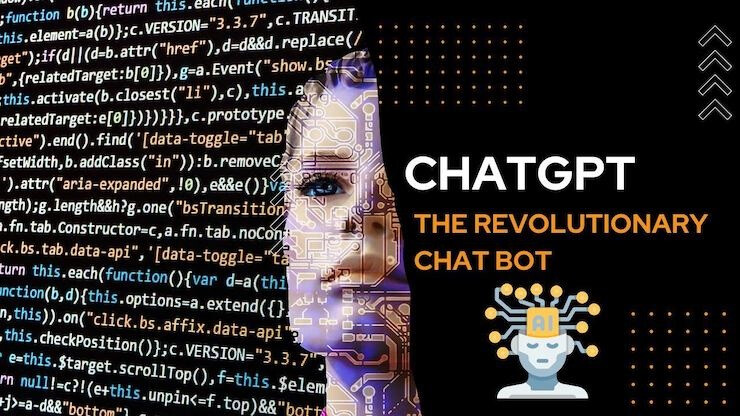
A recent study by Stanford University researchers presents compelling evidence that the rise of generative artificial intelligence (AI), such as ChatGPT, is significantly impacting youth employment in the United States, particularly in easily automatable sectors. This research, widely reported by the Wall Street Journal, offers one of the clearest indicators yet of AI's disruptive influence on the labor market.
The Study's Findings: A Decline in Entry-Level Roles
Economists Erik Brynjolfsson and his colleagues at Stanford analyzed anonymized data from millions of employees across tens of thousands of companies. This comprehensive dataset, which included employee age and occupation, allowed them to meticulously track employment trends following the late 2022 launch of OpenAI's ChatGPT.
Their findings revealed a distinct weakening in employment for roles highly susceptible to AI automation. Specifically, professions like software developers, receptionists, translators, and customer service representatives experienced a general decline in employment compared to other occupations since late 2022. The impact was particularly concentrated among younger age groups.
For instance, the employment of software developers aged 22-25 peaked in late 2022 before plummeting by nearly 20% by July of the following year. In stark contrast, employment for the 26-30 age bracket remained largely stable, while that for individuals over 30 continued to grow. This suggests a protective effect for older, more experienced workers, who possess skills difficult for AI to replicate.
The Paradox of Experience in the AI Era
The researchers hypothesize that older employees are shielded from AI's immediate impact by their accumulation of non-automatable skills acquired through years of experience. A senior software developer, for example, often possesses the ability to collaborate with non-developers, translate business needs into technical solutions, and navigate complex project management – competencies that are inherently resistant to automation.
This scenario, however, presents a significant paradox for the future labor market in the age of AI. If the primary method for acquiring these crucial, unautomatable skills is through performing the very entry-level tasks now being displaced by AI, who will fill these senior roles once current experts retire? The Wall Street Journal suggests that addressing this conundrum may necessitate a fundamental rethinking of how younger employees gain on-the-job experience.
AI as an Enhancer: A Glimmer of Opportunity
Despite the concerning trends in some sectors, the study also identified areas where AI acts as a complementary tool rather than a replacement, leading to an increase in youth employment. In professions such as healthcare, AI can assist with faster and more accurate diagnoses, augmenting human capabilities and creating new opportunities for younger workers. This highlights a critical distinction: AI's impact is not uniformly negative; its role as an enabler of human potential can lead to job growth.
Brynjolfsson emphasizes that while AI-driven automation can reduce costs, its true value lies in expanding human capabilities and fostering innovation. By enabling companies to create new, more valuable work, AI can ultimately lead to increased employment. The challenge, therefore, lies in strategically integrating AI to augment human skills and foster a workforce capable of leveraging these advanced tools for innovation rather than simply being replaced by them.
Policy Implications and the Future Workforce
This research underscores the urgent need for proactive policy interventions and educational reforms to prepare the youth for an AI-driven economy. Governments and educational institutions must collaborate to develop curricula that prioritize critical thinking, problem-solving, creativity, and interdisciplinary collaboration – skills that remain uniquely human and resistant to automation.
Furthermore, companies need to re-evaluate their training and development programs, creating pathways for younger employees to acquire the sophisticated, non-automatable skills that will be essential for success in the evolving job market. This may involve apprenticeship models, mentorship programs, and cross-functional training that allow emerging talent to develop a broader range of competencies beyond purely technical skills.
The findings from Stanford represent a critical wake-up call, urging stakeholders to move beyond anecdotal observations and confront the tangible effects of AI on employment. While AI offers immense potential for economic growth and societal advancement, its integration must be managed thoughtfully to mitigate adverse impacts on employment, particularly for the younger generation poised to enter the workforce. The future of work will depend on a collective effort to adapt, educate, and innovate in the face of this transformative technology.
[Copyright (c) Global Economic Times. All Rights Reserved.]





























